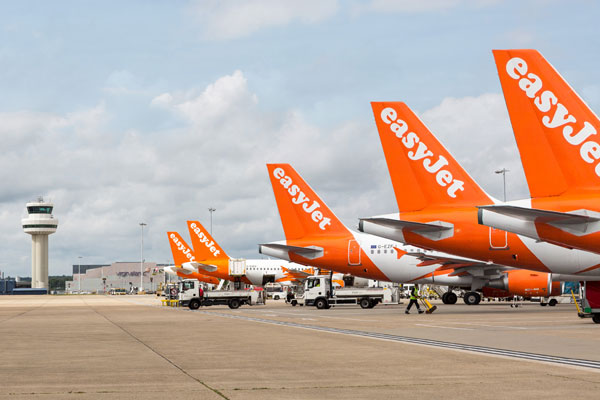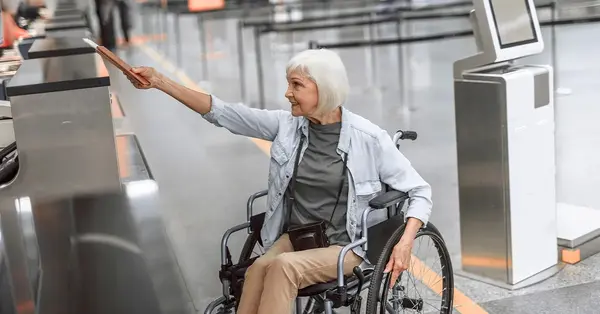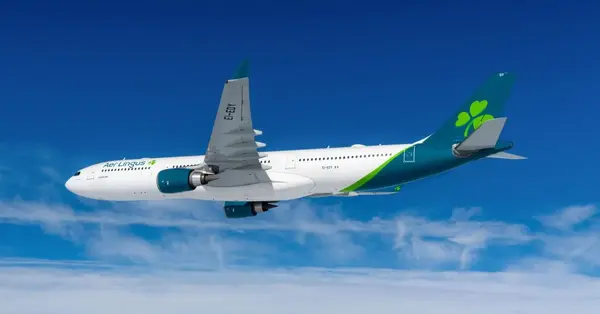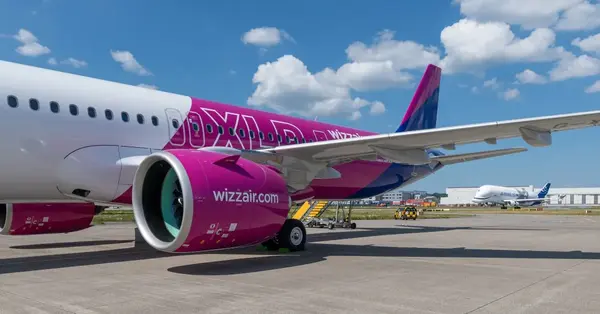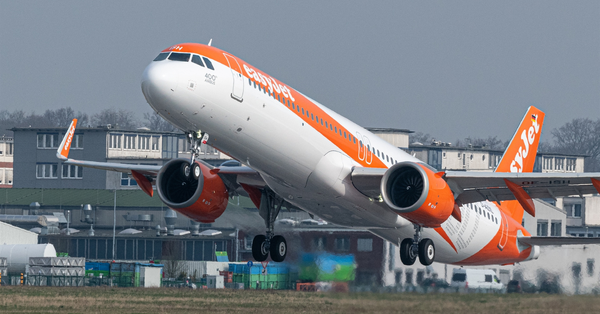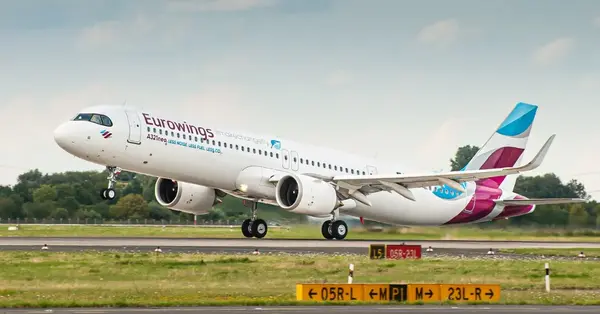You are viewing 1 of your 2 free articles
EasyJet bolsters finances to endure prolonged grounding of fleet
EasyJet has signed two term loans totalling £400 million as it takes “decisive” action to endure a prolonged grounding of its fleet amid the coronavirus crisis.
The loans, which mature in 2022, are secured against aircraft assets and follows the budget carrier securing £600 million through the government’s Covid Corporate Financing Facility (CCFF).
The airline has also fully drawn down on a $500 million revolving credit facility, also secured against aircraft assets.
As a result of these two measures easyJet said it had already raised around £1 billion of cash.
The raising of “significant new finance” ensures that the airline has sufficient liquidity “to endure a lengthy fleet grounding”.
The carrier also pointed to “decisive costs actions” and the previously announced deferral of 24 new aircraft orders.
The airline said today: “Furthermore we continue to engage with an active lessor market interested in acquiring aircraft from easyJet’s fleet on a sale and leaseback basis.
“Announcements on the progress of these engagements will be made in due course, with anticipated proceeds expected to be in the range of £400 million – £550 million.
“Upon closure of all these funding initiatives, we expect to have generated total additional liquidity of £1.85 billion -£1.95 billion leading to a notional cash balance of circa £3.3 billion.”
A scenario analysis has been run assuming the fleet remains fully grounded for three months, six months and nine months, using the following assumptions:
o The ratio of passengers who choose a refund versus a non-cash alternative, namely a voucher or a later-dated flight, continues at a similar rate to recently
o Staff remain on furlough leave until the end of May
o No material change to card acquirer arrangements
o No material changes in foreign exchange or fuel rates
o Revenue from new bookings remains minimal
The analysis has shown that the carrier would have sufficient cash reserves across a number of scenarios:
o During a 3-month grounding easyJet would use around £1.2 billion in cash;
o During a 6-month grounding it would use around £2.2 billion in cash;
0 During a 9-month grounding it would use around £3 billion in cash.
“Given the possibility of a prolonged grounding easyJet will continue to consider further liquidity and funding options,” the airline said in a trading update for the six months to March 31.
“During a prolonged grounding there would be opportunities to further defer maintenance spending.
“Additional government support could be sought, around extended furlough leave and tax relief.
“Further operational and organisational changes could be made.”
The carrier added: “Whilst we have also undertaken cost cutting measures within easyJet holidays, it already had a high proportion of variable costs, which means that the easyJet holidays business model is low risk, with no inventory risk.”
The financing efforts and cost cutting emerged as easyJet revealed that passenger growth halved in March with carryings of 3.9 million as the impact of the pandemic started to bite.
Winter half year pre-tax losses are expected to reach up to £380 million.
“At this stage, given the level of continued uncertainty, it is not possible to provide financial guidance for the remainder of the FY20 financial year,” easyJet said.
“However, we continue to take every step necessary to reduce cost, conserve cash burn, enhance liquidity, protect the business and ensure it is best positioned for a return to flying.”
Chief executive Johan Lundgren said: “Our first half trading performance was very strong prior to the impact of coronavirus, which shows the strength of easyJet’s business model.
“Since then I have been immensely proud of our team, right across the business, and the way they have worked through these tough times to put us in the strong position we are in now.
“We took swift action to meet the challenges of the virus and in a period of around seven weeks have:
- Launched a cost cutting initiative and dramatically brought down our cash burn
- Grounded our entire fleet in a well planned and executed process
- Delivered an updated fleet deal deferring 24 aircraft, while also maintaining a level of flexibility that will be very important when this crisis ends
“This change, combined with the deferral and cancellation of a number of other projects has helped to drive a circa £1 billion decrease in capex over three years: and finally
- Executed a funding programme which will add almost £2 billion in extra cash funding, strengthening our liquidity position.
“These decisive actions mean that easyJet is well positioned to endure a prolonged grounding.
“We remain focused on doing what is right for the company for its long term health and to ensure we are in a good position to resume flying when the pandemic is over.
“While the vast majority of our people are not able to work at this time, there is a small number working tirelessly to help our customers, and to plan for our return to the skies, whenever that might be.”

